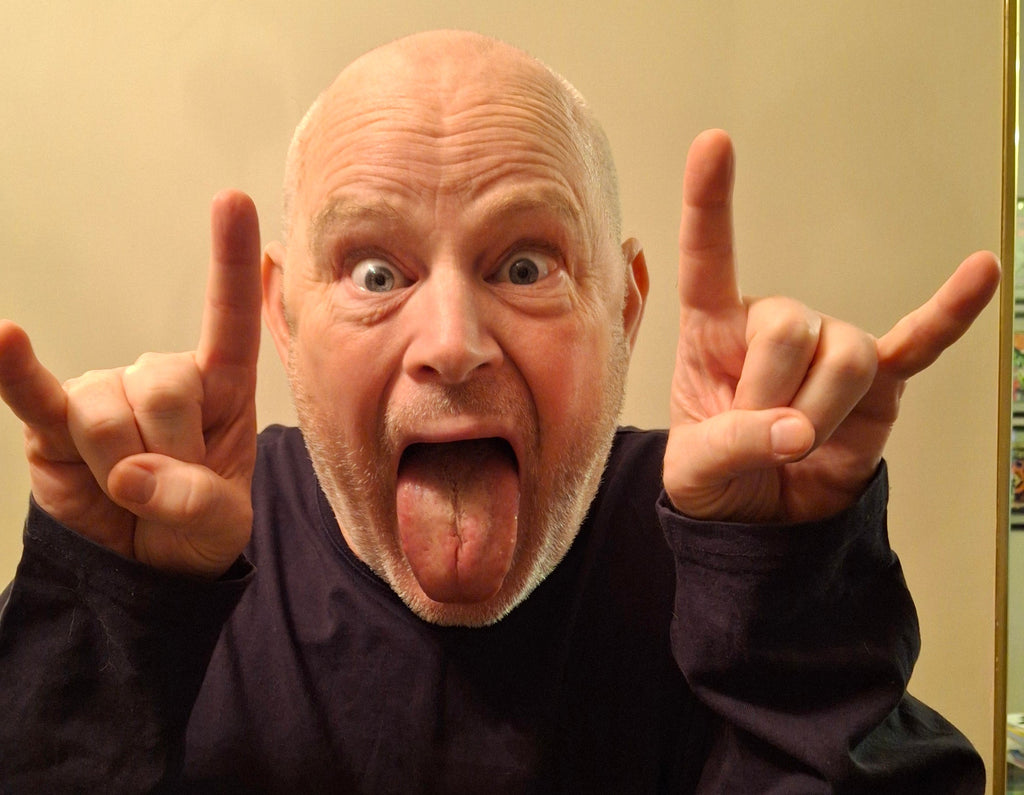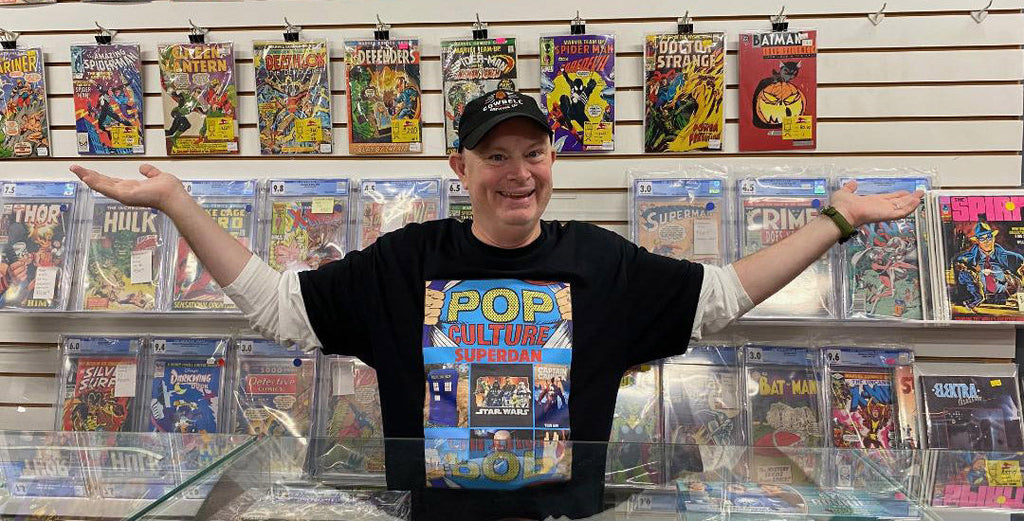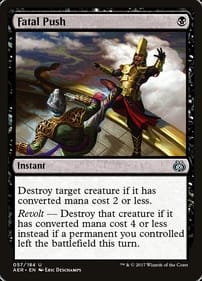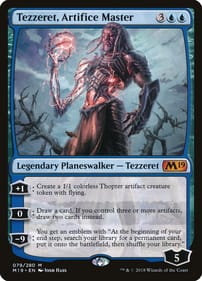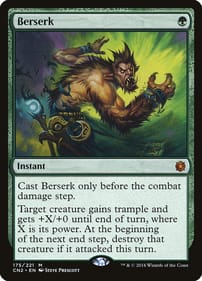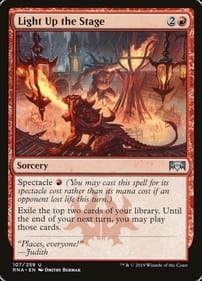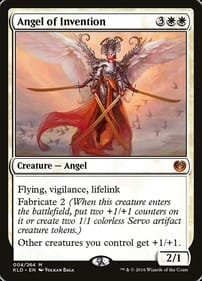This Christmas, Let’s Muddle Through
By Dan Brown Much of Christmas pop culture is shabby, cheap and weird. And most Christmas songs are syrupy-sweet – when I hear them, my teeth ache. But there’s one exception. Have Yourself a Merry Little Christmas has been around for decades. It was originally written for the 1944 musical motion picture Meet Me in St. Louis and was sung by Judy Garland, who readers my age know as the mother of Liza Minnelli. It may be the only Christmas song whose dominant vibe is a melancholy one. It is certainly the only Yule tune I’ve heard in my 57 years that has the word “muddle” in it: Someday soon, we all will be togetherIf the Fates allowUntil then, we'll have to muddle through somehowSo have yourself a merry little Christmas now That closing verse captures the bittersweet mood of the song. The lyrics offer no certainties. They suggest we don’t control our own lives, and that we should enjoy this Christmas because nothing in life is guaranteed. I first heard it when I was a kid in the 1970s. That word “muddle” jumped out at me. We – my family, other families, the world – were doing a lot of muddling through situations in the 1970s, so it seemed appropriate. According to Wikipedia, the moody number was written in 1943 with Hugh Martin credited as composer, Ralph Blane as lyricist. I’m guessing it being written in the thick of the Second World War has a lot to do with that flavour of uncertainty. It was one of those moments in history when Western civilization, our shared way of life, was in jeopardy. People were worried that the fascist authoritarians would prevail. Many artists went on to record cover versions, and you may be thinking: “Wait a minute, I hear that tune every year at this time and I don’t remember any lyrics about muddling through.” Your ears are not playing tricks on you. There are indeed recordings in which that verse has been replaced: Through the years we all will be togetherIf the Fates allowHang a shining star upon the highest boughAnd have yourself a merry little Christmas now Apparently the lyrics were revised in 1957 at the request of legendary crooner Frank Sinatra, who wanted his own version to be more jolly. Since then, you can hear both versions done by many different vocalists. To my young ears, this was a different type of Christmas music. It wasn’t childish like other songs or carols. It wasn’t Rudolph the Red-Nosed Reindeer or Winter Wonderland or Jingle Bells or The Little Drummer Boy. It spoke to me of a different Christmas experience. And no wonder. Heck, it was written only a few years following the end of the Great Depression, so they weren’t all happy days back then. And now, as an adult, I realize that muddling through life is sometimes the best you can do in this crazy thing called life.. Let me know in the comments about the festive songs you love hearing at Christmas! Dan Brown has covered pop culture for more than 33 years as a journalist and also moderates L.A. Mood’s monthly graphic-novel group.
Ozzy Osbourne, Menace to Society?
By Dan Brown I did a double take when Ozzy Osbourne died last week. Watching the wall-to-wall media coverage, I had to make sure this was Ozzy Osbourne the news anchors were talking about, not someone else. Had there been a mistake? The deceased was lauded as a warm human being, a musical innovator, and a devoted father. Could they really be talking about Ozzy “the Prince of Darkness” Osbourne? The same guy authority figures had warned us kids about in the 1980s? The guy who threatened to force the collapse of society? Who polluted the morals of an entire generation? Whose songs were spawned in a fiery place many fathoms below the planet’s surface? That dude? What the? I watched on, and it turns out it was the same Ozzy! Only now it was like people were upset he was gone, no longer a menace to polite society and all that is holy. Which makes the Black Sabbath frontman just the latest example of Mark Twain’s dictum that “politicians, old buildings, and prostitutes become respectable with age.” Funny thing about the Blizzard of Ozz. Back in the day, he was as close as it came to a mortal emissary of Lucifer. Or so we were led to believe. The way our parents talked in hushed tones about him, and the way religious leaders, teachers, and others referred to him, you would have thought Ozzy was the right hand of the Archfiend. Why, it was rumoured in the schoolyard that a bat had fallen on stage during one of his solo-tour performances – and Ozzy had snatched it up, gobbling the winged creature’s head. I guess, because it was a bat, this act was taken as proof of the singer’s evil nature. Around the same time, he was arrested for defiling the Alamo while intoxicated. Folks, he urinated on the historic building. Then, all but proving he was put on Earth by the Father of Lies to corrupt young people, he was the target of a lawsuit alleging he drove a young fan to suicide with a “backwards-masked” message hidden in his solo song Suicide Solution. Why Ozzy would want to kill his own fans, thus decreasing his potential income base, was never fully explained by those who railed against him. They even burned his records. With a rap sheet like that, it’s no wonder the people in charge of educating and guiding my generation had warned us about Ozzy’s depravity. But then a strange thing happened. The lawsuit was laughed out of court (only in Ronald Reagan’s America would it have been allowed to move as far forward as it did). More fans listening to his music did not end their own lives. He had some kids with his manager, Sharon, then settled down. All was quiet until reality TV appeared on the scene years later. As you may recall, one of the sensational new shows featured Ozzy in the role of doddering father. Sure, he still swore like a heavy-metal musician, but gone was any trace of the pact he had struck with Beelzebub for eternal life. As contrived as the show was, he came across as . . . sweet. Warm. Human. The passing of the decades had worn away the dangerous and rough edges, as Twain knew they would. So by the time Osbourne died, no less an authority on goodness as Pat Boone posted on social media to express his grief. So did Donny Osmond. And the Alamo’s Instagram page carried a message about Ozzy’s humility, saying “redemption and reconciliation eventually became part of his history as well.” Like old politicians, old buildings and old sex workers, Ozzy is now respectable. But that could be how the forces of darkness work. By eroding our standards of behaviour over a lifetime. Or maybe, just maybe, all those things they said about Ozzy weren’t true, that he was just a regular bloke from Birmingham all along, trying to do his best with the inner resources he had in this crazy thing called life. Dan Brown has covered pop culture for more than 32 years as a journalist and also moderates L.A. Mood’s monthly graphic-novel group.
Dan Brown’s Pop-culture Column feat. Dan Brown
It’s a four-letter f-word that you see a lot. No, I’m not referring to the naughty f-word. I’m talking about a term you see in many a song title these days. It’s “feat.” and it’s short for “featuring.” As in song titles like “Low by Flo Rida feat. T-Pain” and “Can’t Hold Us by Macklemore and Ryan Lewis feat. Ray Dalton.” Used in the name of a song like those two examples, it indicates that a guest artist rapped or sang a verse or even shorter snippet, like providing backing vocals, on that particular single or album track. It’s a way for an artist to tip their hat to someone who helped them realize their musical vision. And it’s freaking everywhere. If you don’t believe me, just look at the streaming charts. Right now, the No. 5 song according to Billboard is TV Off, a Kendrick Lamar song featuring Lefty Gunplay. All told, there are currently four collaborations (or “collabs,” as they are now known) in the Top 10. So what’s the problem? Stick around for a moment and I’ll tell you. First, my credentials as a music fan: I’ve been listening to music for my entire life, 56 years now. I am a daily consumer of music on my three Alexas at home and the satellite radio in my pickup. My work week is spent in the company of university students, who are all in their peak years as music enthusiasts – they often bring songs I don’t know about to my attention. If it’s on their radar, it will make its way onto mine. It’s in my nature to listen to a wide variety of musicians, from Willie Nelson to Billy Joel to the Red Clay Strays to Murray Head. And with summer coming up I plan to see a few live shows, like Daniel Lanois’ two-night stand at the Aeolian Hall in August. I have covered music as a journalist for more than three decades, interviewing the likes of Don Henley, Gordon Lightfoot, and Howard Jones. I also met Lou Reed once. Anyhoo . . . I don’t know when “feat.” (or sometimes “ft.” or “with”) first appeared, but it has proliferated to the point where it’s self-defeating. If every song has a guest performer, then that’s just the way music is made in 2025 and the designation isn’t necessary. Maybe it was a prestigious thing in the beginning. It doesn’t set a song apart anymore. I know the music biz is a tough one, but the practice has exploded to the point where listeners can just assume the “feat.” part on any given song. Now, I don’t want to say everything was better when I was younger, but in this case it might be true. For example, when Neil Young recorded Harvest in the 1970s he didn’t feel the need to let his audience know Linda Ronstadt and James Taylor sang backup vocals on that album. If I have my music lore correct, they were working in the same studio at the time and they popped in to give the Canadian rocker a hand. He thanked them, and that was all the credit needed. No one insisted on getting a “feat.” credit in those days. And as a listener, you figured out whose voices were on a song with repeated listens. It was a fun way to grow your music knowledge. Back then, it was more a team approach to music than any one individual needing to feel special – which matters because now the name of every song is a platform for marketing and self-promotion.. The counter-argument, I suppose, would be that it’s better for everyone to get their due in a public way and it’s a question of equity. If that’s the case, then song titles are literally the only part of the music world that’s equitable. Sometimes I get to thinking I must be a strange music lover because the tunes I listen to generally don’t have a featured artist on them. If “feat.” had been a thing back in the day, then we would have had to get used to song titles like Gimme Shelter by the Rolling Stones feat. Merry Clayton. That’s a mouthful. So go ahead – call me a purist. Dan Brown has covered pop culture for more than 32 years as a journalist and also moderates L.A. Mood’s monthly graphic-novel group.



